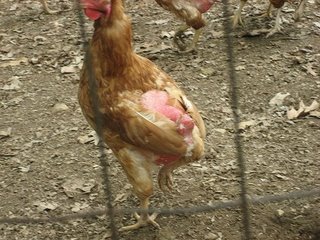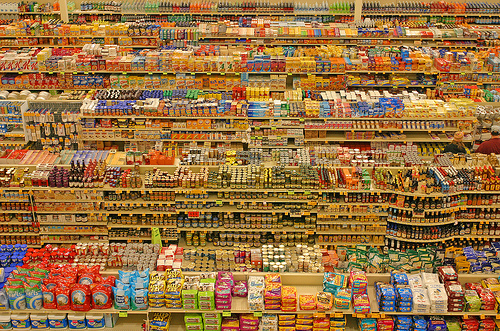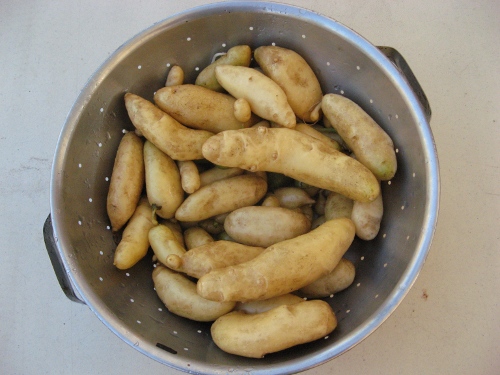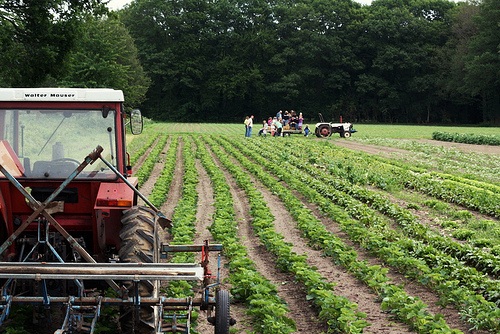
Congratulations on your upcoming graduation; do you know what you’re doing next? If you’ve got a biology degree, you might consider a career in sustainable agriculture.
Some of the common reasons to get a biology degree are to build an attractive application for medical school, to get into graduate school or to work as a lab manager. If these don’t really appeal to you, another option to consider is dedicating your career to helping create a better world through sustainable agriculture.
What is Sustainable Agriculture?
Sustainable agriculture is food production through practices that can be continued indefinitely. In conventional, industrial agriculture, natural resources, such as water and soil, are used faster than they can be replaced. The results may include famine, pollution, and habitat destruction.
Benefits of Sustainable Agriculture
Sustainable agriculture can address these problems in the U.S. and worldwide.
- Food security: More than a billion people worldwide don’t get enough to eat each day. Sustainable agriculture uses fewer resources and has a lower risk of famine resulting from droughts.
- Less environmental impact: Sustainable agriculture does not include the use of harmful pesticides that can pollute the water and soil. It does include reducing soil erosion. Also, fewer nutrients are depleted from the soil, so there is less need to expand farmland. This means that farmers don’t need to continually cut down rainforests and invade other natural habitats because of over-farmed land.
- Urban improvements: In inner cities, sustainable agriculture means community and balcony garden projects. These endeavors increase access to fresh, affordable foods, and can make communities more tight-knit.
- Health: Sustainable agriculture usually means shifting to a greater emphasis on a plant-based diet. You can lower your risk for heart disease when you eat less fatty red meat and more healthful proteins such as beans.
- Cost: Unsustainable agricultural practices will inevitably lead to the depletion of resources like nutrient-rich soil and water. Developing extensive schemes—including irrigation systems—to mitigate these losses is expensive.
Are You a Good Candidate for Encouraging Sustainable Agriculture?
You may be interested in it if:
- You are interested in ecology and how changing one part of the system can affect other parts of the ecosystem
- You are interested in promoting a cleaner environment while reducing worldwide hunger
- You enjoy problem-solving and working with diverse people toward common goals
Education for a Career Dedicated to Sustainable Agriculture
A background in business combined with your biology expertise can put you on the right path.
- Business: This improves your leadership skills, teaches you how to collaborate in person and virtually and expands your horizons so you are aware of the global implications of your actions. It may also prepare you to approach policy-makers, such as the USDA, to subsidize production of foods using sustainable methods. You can use your negotiation skills to persuade companies to invest in start-ups for sustainable agriculture.
- Biology: This degree teaches you about nutrient and water needs to sustain life, ecology and ecosystems and natural resource management.
Harmful farming practices and uncontrolled development are harmful to the environment and to people. Sustainable agriculture can protect ecosystems, fight hunger on behalf of a billion people worldwide and encourage healthy eating. Sustainable agriculture desperately needs knowledgeable and committed advocates.
So, what will you do with your biology degree?






![Food & Climate Change [VIDEO]](https://eatdrinkbetter.com/wp-content/uploads/2010/07/climate-change-agriculture.jpg)


As a self proclaimed ‘sustainable’ farmer, I disagree with parts of your definition of sustainable agriculture. Granted, it is a term that is still evolving, and maybe I just don’t fit in. Out here on the farm, its not just a buzz word; its a lifestyle.
Thanks for chiming in, Rhonda! I agree..it’s an ever-evolving term, and there are so many aspects of sustainability. Can you share a little bit about what sustainable farming means to you?